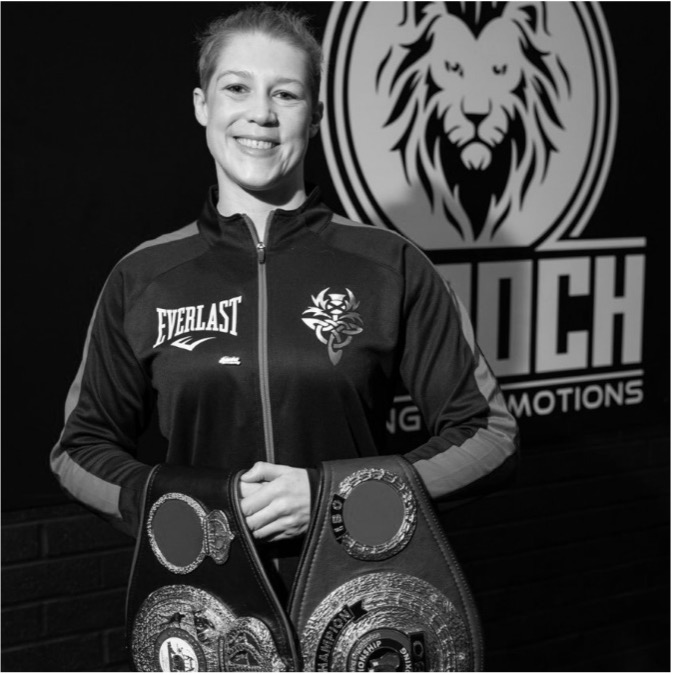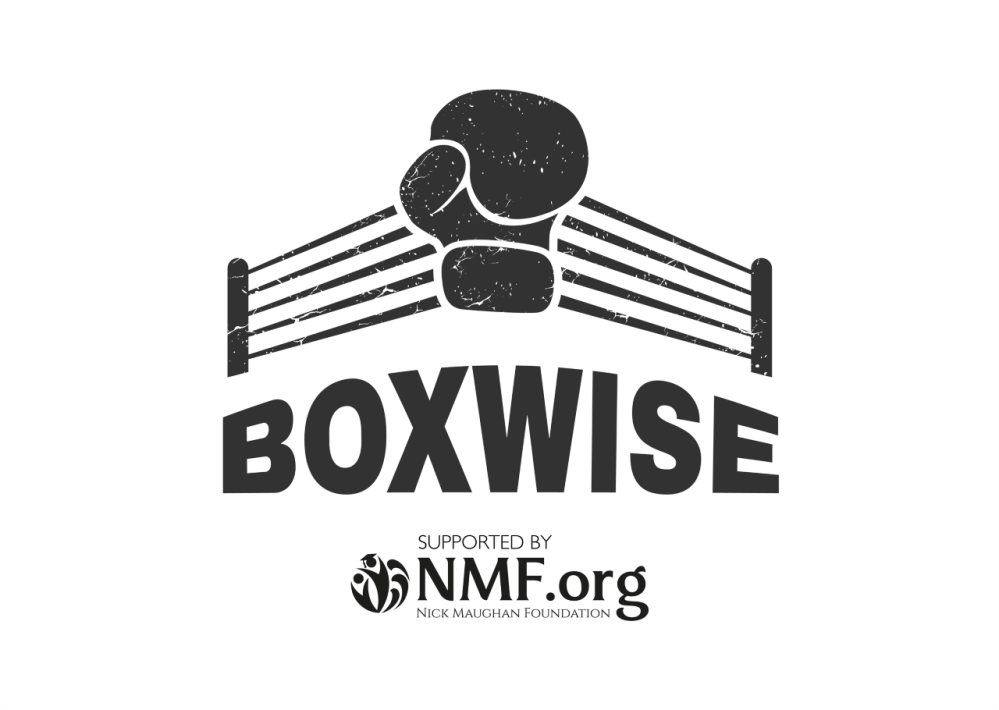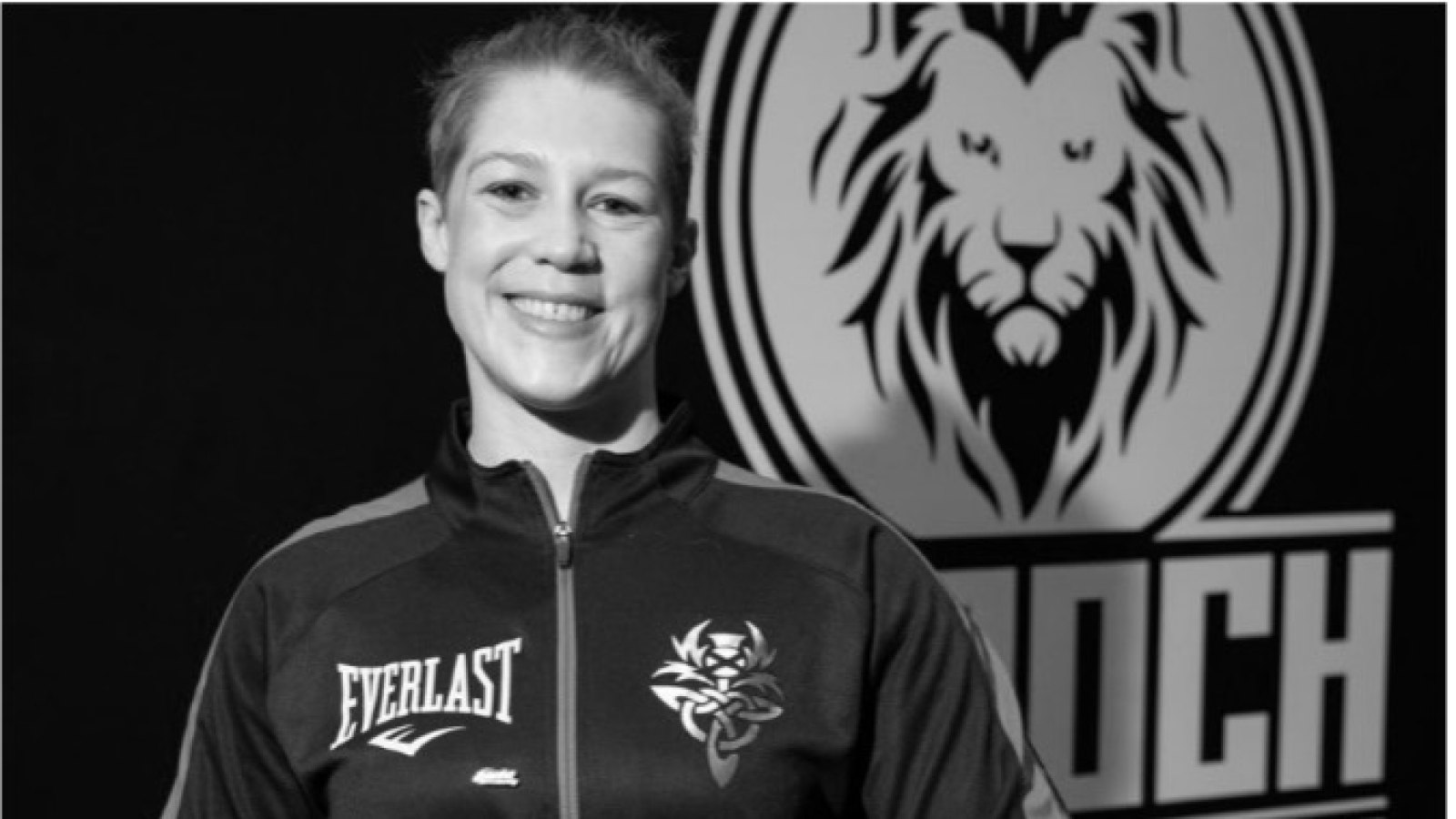Article written by Hannah Rankin, Reigning Two-Time World Champion Boxer
This year’s Beijing Games have been described by the International Olympic Committee as the most “gender balanced” Winter Games in history, with women accounting for a record 45 percent of the athletes. That is up from 41 percent at the 2018 Pyeongchang Games, and a long way from the first Winter Olympic Games in Chamonix, France in 1924, where there were only 11 female athletes.
The record high number of female athletes is the culmination of a strategy that began in 2014, when the IOC adopted a planning agenda that explicitly included a commitment to gender equality.
Recognizing sport as one of the most powerful platforms for promoting gender equality and empowering women and girls, the IOC has increased female participation in the Olympics by opening up eligibility for various sports and increasing the number of medal events for female athletes. While progress has been made in terms of balancing the number of athletes participating at the Games, other challenges and gaps remain.
Even to this day, the top 100 female athletes make only about 80 percent of the prize money awarded to their male counterparts. Meanwhile, research commissioned by The Daily Telegraph has found that 54 percent of sportswomen say they have suffered gender discrimination, almost three-quarters feel judged on how they look and more than a third have been subjected to sexist comments.
Throughout my boxing career, I’ve seen these issues firsthand, with many female athletes around me explaining that body image concerns have made them feel less confident competing at a professional level. With the Norwegian beach handball team being fined for wearing less-revealing uniforms just last year, it is hardly surprising that so many sportswomen feel this way.

Inequality in sport is not only evident at an elite level but also amongst youngsters. Indeed, Sports England has found that girls’ participation in team sports is only 41 percent, compared to 63 percent for boys, with girls dropping out of athletics at two times the rate of boys by age 14.
It is clear we must do more to encourage women and girls to take up sport. This is because sport can serve as a catalyst for social mobility, with the UN’s 2030 Agenda for Sustainable Development affirming, “We recognize the growing contribution of sport…to the empowerment of women and of young people, individuals, and communities as well as to health, education and social inclusion objectives.”
Sport can have universal benefits. But for young women and girls in particular, access to sport can be game-changing. Indeed, sport can help to break gender stereotypes, encouraging girls to defy social norms by building confidence, speaking up, and strengthening leadership skills. Placing themselves on an equal footing with boys, sport also by its very nature demands dedication, discipline, and teamwork, helping to nurture essential skills for future success. And crucially, sport helps women to develop a more positive body image by valuing qualities such as strength.
Despite all the current failings with regards to access and inclusion in sport, there are bright spots. For one, funding for women’s sports is on the rise. In 2018, UEFA promised a 50 percent funding increase for women’s football, while FIFA announced a strategy to double women’s participation in football by 2026. Following these developments, RunRepeat found that women’s football is set to see a huge increase in viewing figures globally, with appetite for women’s football expected to grow by 358.7 percent across the EU.
Similarly, some sports such as boxing are making great strides, with organizations such as BoxWise — the flagship initiative of the Nick Maughan Foundation — driving change by encouraging more women and girls into the ring.

Recognizing that women are currently vastly underrepresented in boxing, BoxWise offers female-led coaching classes to help more young women discover the infinite benefits of the sport.
As a member of the BoxWise Advisory Board, I am incredibly proud of BoxWise’s specific programmes for domestic violence survivors, which play a crucial role in helping vulnerable people rebuild their lives after trauma. It is clear we are seeing progress, but this progress is not enough.
While there is an increased focus on the gender balance of athletes competing in sporting events such as the Winter Olympics, there is still too little attention on the other pieces in the puzzle. To truly widen access to sport, the issue must be addressed holistically, with work beginning at a grassroots level.


